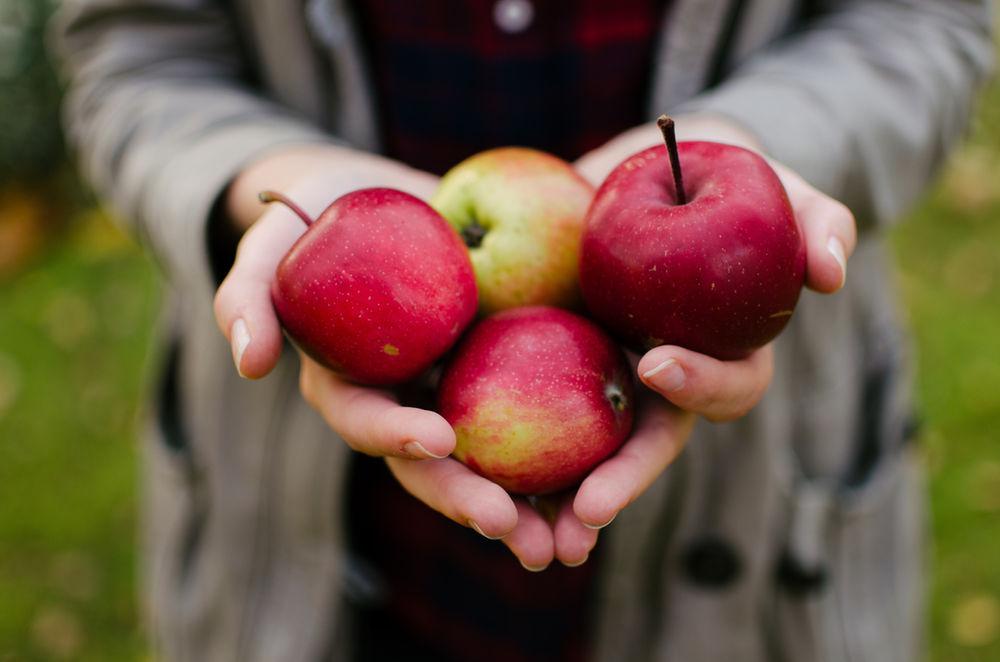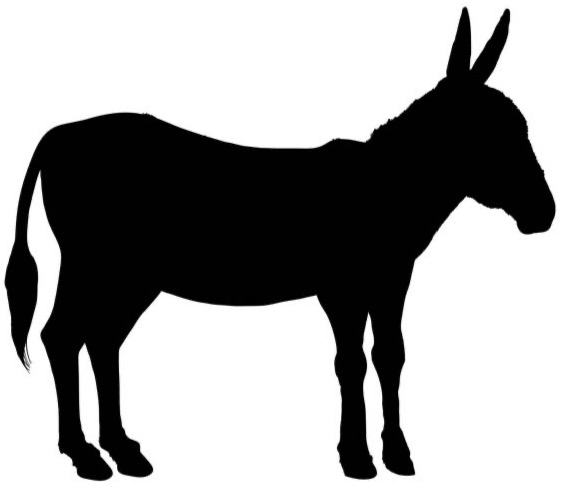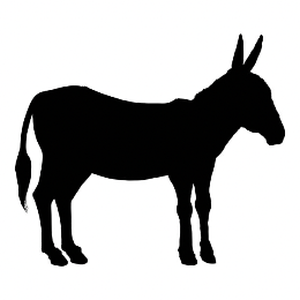The Buddhist Apple And The Buddhist Tree

I think most of us are familiar with this story. Adam is living it large in the garden paradise of Eden when he munches some bad apples and him and his children and their children forever and ever and ever have to say sorry until everyone dies.
I was never comfortable with any part of this story. What was the moral of the story? Do what you’re told and you’ll be happy? That’s horrible. Or was it don’t eat apples? Don’t trust women? Or snakes? None of those are morals. I never really got it.
It bothered me that I didn’t get it. Rather, it bothered me that other people said that they got it. To get some answers, I started attending Bible Studies at my local Catholic church. For a two years I went weekly. I said I wanted to learn about scripture through their group, and I told them - diplomatically - that I didn't profess their faith. But I was genuine in my desire to learn from them.
They welcomed me with open arms. Lovely people. Just couldn’t get a word of sense out of them. The moral of the story was God knows best, apparently. The moral of every story was God knows best. It was almost Stoic were it not for the stories of fire and devils. But that’s a crap moral. And it annoyed me that they just accepted that. And I’d tell them. And they’d smile.
Now I smile. I have learned the truth of this story and I can only guess that they never told me because, well, they didn’t know. They just followed blindly. Blind faith is wonderfully sincere, but it’s still blind. They believed because they believed and that was that.
They would believe in the face of anything. It was charming. It wasn’t my way. It isn’t my way. To believe something, I need a reason to believe. Descartes, that fumbling faith-driven buffoon, ruined us all in his quest for certainty. And yet, I found my reason.
More accurately, I found a personal interpretation of this story that bears out its truth. Hear me out. Adam is you. Adam is me. Our natural state, that before which any social or genetic conditioning has taken place, is Eden.
Our mind is the tool by which we interpret the world and ourselves, through which any conditioning has its interpretation, perception and value. Before we engage our mind, we are in Eden. Our default state is Eden. That is to say our natural state is one of peace, contentedness, nirvana. It's the space before the mind is on.
The metaphor for the fruit of the tree in Eden is the very process of living in the mind. The tree is that which contains "the knowledge of good and evil". This "knowledge" is nothing but mental constructs in our own minds, not inherent in any part of the world outside our mind. An apple isn't good or bad, until you decide it is. To eat the fruit is to engage the mind.
So you are Adam, the tree is your mind, and eating the fruit is engaging with the world in a state of mind.
Well what on earth is engaging with the world in a state of mind? What does that mean? To put it simply, it's what we do by default. We are in the habit of thinking. From the second our eyes open and even through our sleep, we think. That constant stream of consciousness. That’s the mind just vomiting anything and everything, with and without direction.
To step outside of that stream, or rather not to instinctively step into it, is Eden. That is Yoga, Nirvana, Paradise.
The story finishes with the forever sorry. Which is what we live. In a state of mind things are already predetermined. It starts with an I. Once I am, then I am something. I am hungry. So I need to eat. I am cold, I need a house. I am sad, I want some friends. I, I, I. Once I, then want. Our instinct is to want, even on the most basic level to maintain the life of the biological organism that thinks “I”.
That’s fine. It’s neither good nor bad. It’s all just zen. But that’s the state of play.
The forever sorry is that for every want, one has to work to satisfy it. Adam was banished from Eden and had to spend the rest of his life toiling the land for his food. The rub is that no one told him he could put the apple back at any time and go back into Eden.
You have a choice. Eat the apple and toil the land, or put the apple back and find your paradise. I, an avowed atheist, have found the truth of the story of Adam and Eve. I found a way to put the apple back.


Post a comment